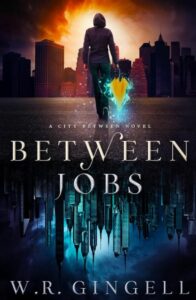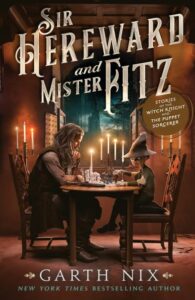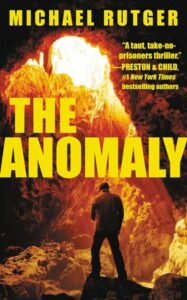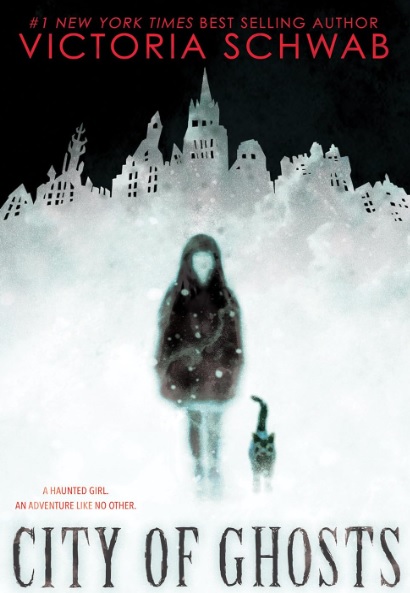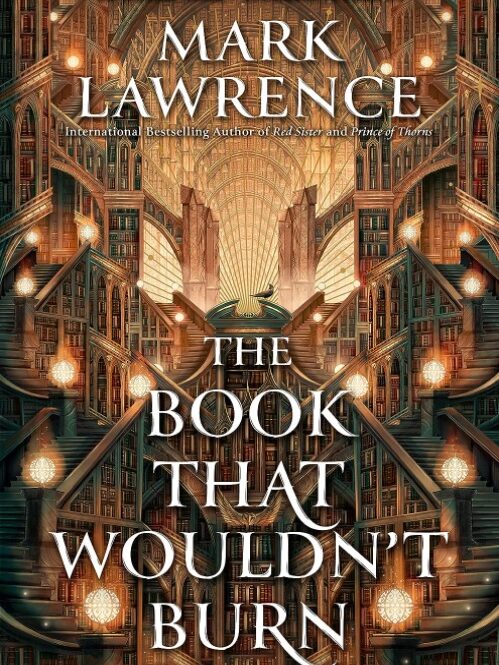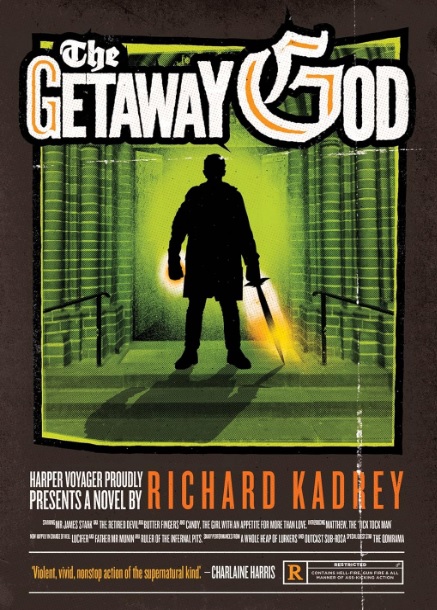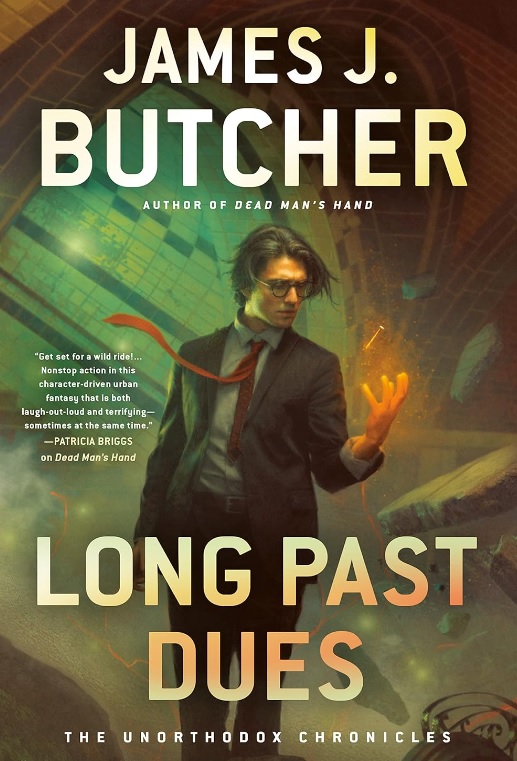Stars: 4 out of 5.
This is the strangest book I’ve read in a long time. Oh, don’t get me wrong, it’s strange in a good way, and I absolutely loved it, but it is weird.
It starts in a slightly usual way for an urban fantasy, with an ordinary girl and three beautiful strangers that aren’t human… But wait, because the strangers are much more interesting than the usual urban fantasy fare, and the girl… well, I’m still not convinced she is entirely human. And together they form this weird dysfunctional family that is rather fascinating to read about.
The world itself is also pretty original. Not only does the action happen in Tasmania, instead of the usual USA / UK setting, but the supernatural elements are rather original. We have our real world, that the humans inhabit. then we have the Behind, where fae and other creatures originate from. And linking them together is the Between, a strange ever-changing place that is not really here, but also not really there, and where time, space and even shapes are malleable. Fae can travel the Between to go from our reality into the Behind and back again. Humans can’t, unless they are taken in by a fae, or slip accidentally into an opened passageway. Most of those who end up Between don’t come back, or if they do, the experience drove them to madness.
I really liked this book. I loved the story itself, but also everything else that was alluded to but never clearly explained, because it feels like there is a whole vast world to explore, and this book only scratched its surface. I also really loved Pet. This girl has no fear or sense of self-preservation, but her interactions with the three psychos are really fun to read about. I’m sure there is a bigger mystery about the murder of her parents and how she managed to survive hidden in that house for four year without anyone even being aware of her existence. I hope this will be explained in later books, and I will happily be there for the ride.
I should also mention that these books are fairly short, so it’s a quick sweet read between heftier books just for a change of tone and pace.

